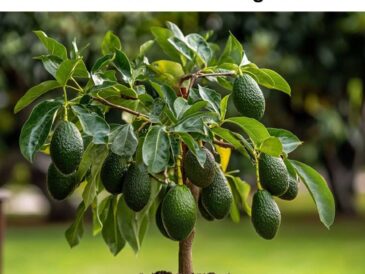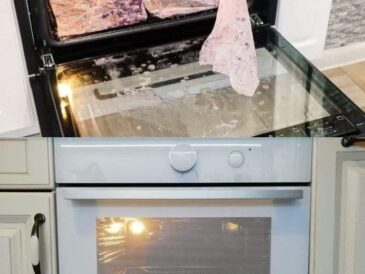The rain wasn’t just falling—it was pounding. Sheets of sliver light through clouds, thunder rumbling, and the wind slapping my face as I stood on the stone steps of the Whitmore estate. Clutching Lily, our newborn, to my chest, I felt every drop like knives on my skin.
My arms were numb. My legs quaking. But worst was the ache in my heart—shame, fear, disbelief—that threatened to bow me to my knees.
Behind me, the great mahogany doors slammed shut with a sound that echoed through my bones. Moments earlier, Nathan—my husband—stood with his parents, rigid, cold, as they turned their backs on me.
“You have dishonored our name,” his mother had said, voice steady as if reciting years of scripted shame. “That child was never meant to be part of the plan.”
Nathan would not meet my eyes. His voice came low. “It’s over, Claire. We’ll send your things later. Just… go.”
I tried to speak. Nothing came. Lily stirred, tiny hands curled like seashells against her cheek. I wrapped my coat tighter. “Hush, my baby. It’s okay. I promise.”
I stepped down from the porch, into the downpour. No umbrella. No help. No home. Just the weight of abandonment behind me, and the screaming ache of the rain around me.
They watched from above, from windows glazed with privilege, as I disappeared into the storm.
A New Reality: From Doorstep to Sidewalk
There is no moment that truly prepares you for losing everything. Not just wealth, but dignity, identity, a future you thought certain.
In the weeks that followed I drifted—through churches, shelters, borrowed couches, bus seats. Lily slept in a basket, or bundled in old coats. My violin—childhood friend—became both my anchor and my voice.
By day I begged not with hands, but with notes—violin singing in subway tunnels, stations, street corners. The music pulled tears from listening strangers, coins from indifferent crowds. It bought us food, maybe shelter for one night.
At night I drew Lily close and whispered stories of who we would become. Because hope, even whisper quiet, is a thing to hold.
Small Kindnesses, Big Differences
After a month of wandering, I stumbled on a small grocery store in Queens. The kind with stacks of fruit crates outside, a bell that jingled when you walked in, an elderly woman behind the counter who knew Lily’s name before I even told her.
Her name was Mrs. Carter. Nurse in retirement, but no longer wearing the white coat—just kindness in every lined wrinkle of her face. She saw something in me: not shame, but survival.
She offered me a small studio above the store, cheap rent in exchange for helping out. I took it. I couldn’t refuse something that felt like a lifeline, even if tattered.
Life became routine again: sweeping floors; restocking shelves; ringing up groceries; nights painting tiny pictures—brushes from thrift stores, paint from half‑used cans. Lily slept beside me in a laundry basket, her breathing soft in the quiet of dawn.
Rebuilding Identity
Some nights I trembled with self‑doubt. Could I be more than what they made me? Would Lily ever see me as more than “the woman thrown out”?
I picked up the violin more often. Not begging now, but teaching: music lessons in the park, to children who had never known instruments. My hands cracked, fingers stiff, but melody came.
I painted when inspiration struck: small canvases of rain, of rooftops, of candlelight. Colors that reminded me there was beauty after grief.
Confronting the Past
Letters arrived. Unsent things. A call from Nathan’s housekeeper: they had my coat, my wedding ring, my life sewn into memories.
I hesitated to reopen those doors. But closure demands confrontation.
One day, I walked past their estate. Lily in my arms, violin in its case. I looked up at the windows. Saw shadows behind curtains. And I spoke, though no one heard my words beyond me.
“You may have shut me out. But you did not stop me. You did not stop her—my daughter. Love is not yours to extinguish.”
Transformation and Breakthrough
Seasons turned. Lily grew, so did I.
We moved into a slightly larger apartment. I found work as a music instructor. Painted murals for local cafés. My name started to come up in small circles: “That woman who survived,” they said.
One evening, a little girl I taught asked me why I still played that old violin. I told her, because it was everything I had left of before. She smiled, said, “You’re making beautiful things now.”
click page 2 to continue




